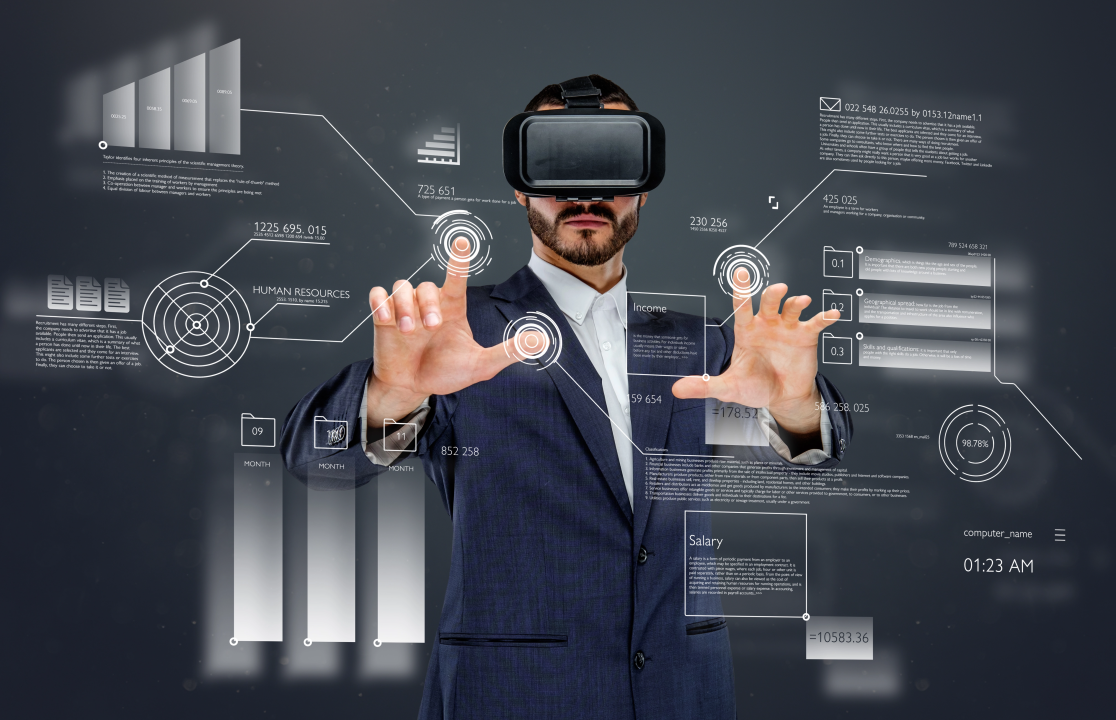Technology is no longer a separate sector—it is the very fabric that weaves our modern existence. From the way we work and study to how we communicate and entertain ourselves, innovation has become the silent architect of daily life. What was once futuristic—AI-driven tools, smart homes, virtual learning—has now become commonplace.
Artificial Intelligence in Daily Workflows
Artificial Intelligence (AI) has moved far beyond being a buzzword. Today, AI assistants, predictive analytics, and machine learning applications are standard in industries ranging from healthcare to finance. Businesses use AI not just to automate routine tasks but to gain actionable insights, enhance customer experiences, and predict future trends.
Students and professionals also benefit from AI, using it for research assistance, data analysis, and even brainstorming creative ideas. As AI grows more refined, it becomes a partner rather than just a tool.
The Rise of Remote and Hybrid Technology
The global shift toward remote and hybrid work has given rise to advanced collaboration platforms, virtual offices, and cloud-based ecosystems. Technology now allows companies to hire talent from around the world without geographical barriers, while individuals enjoy greater flexibility.
Educational institutions, too, are embracing hybrid models that combine in-person learning with online resources. This digital-first approach ensures continuity and inclusivity, making education accessible to wider audiences.
Cybersecurity and Digital Trust
As technology expands, so do the risks. Cybersecurity has emerged as one of the most pressing concerns for businesses and individuals alike. With increasing data collection and interconnected systems, safeguarding personal and organizational information is critical.
Blockchain technology, multifactor authentication, and biometric verification are some of the leading solutions redefining digital trust. A secure digital future requires continuous adaptation to evolving cyber threats.
Technology in Creative Fields
Interestingly, technology is not just a tool of logic but also of creativity. Digital platforms empower artists, writers, and musicians to share their work globally. Virtual and augmented reality are pushing creative boundaries, enabling immersive experiences in gaming, design, and entertainment.
Content creation has been democratized; with just a smartphone, anyone can produce professional-grade videos, podcasts, or digital art. This has opened doors for countless independent creators to reach global audiences.
Preparing for a Tech-Driven Tomorrow
As technology continues to advance, adaptability is key. Future generations will require strong digital literacy, critical thinking, and creative problem-solving skills to thrive. The intersection of education and technology is crucial, as students must be equipped to navigate rapidly evolving digital landscapes.
For learners and professionals who want structured support in adapting to these changes, services like Peachy Essay provide valuable resources. From academic assistance to research guidance, platforms like this ensure that individuals can stay competitive in a fast-changing, tech-driven world.

 Health2 years ago
Health2 years ago
 News6 months ago
News6 months ago
 Technology2 years ago
Technology2 years ago
 Celebrity2 years ago
Celebrity2 years ago






















